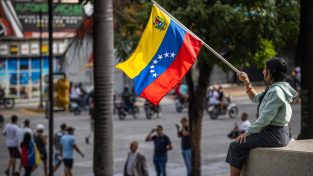Referendum Slovenia, vittoria dell’acqua pubblica
Vittoria delle associazioni ambientaliste slovene che hanno lanciato la campagna per l'acqua potabile contro una legge governativa accusata di facilitare l'inquinamento delle falde acquifere
Dopo aver messo il diritto all’acqua pubblica nella costituzione del 2016, gli sloveni hanno rigettato, con un referendum, la legge che poneva in pericolo, secondo i movimenti ecologisti, le falde acquifere. Una norma introdotta dallo scorso marzo ad opera del governo guidato da Janez Jansa, presidente di turno, dal primo luglio, del Consiglio europeo.
Con oltre l’80% dei voti contrari alle legge governativa hanno vinto le associazioni ambientaliste slovene che hanno lanciato la campagna “Za pitno vodo” (Per l’acqua potabile).
Il risultato del referendum è legalmente vincolante e indebolisce la solidità della maggioranza accusata in altre manifestazioni pubbliche promosse nel Paese balcanico confinante con l’Italia di adottare una linea molto vicina al gruppo di Visegrad (Polonia, Ungheria, Repubbllica ceca e Slovacchia)




















